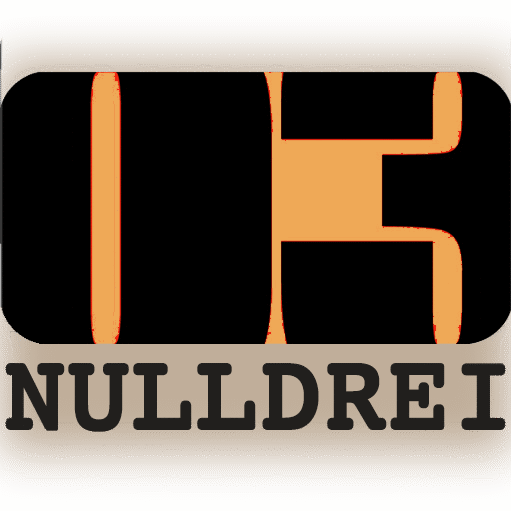22.12.2011
Clicks, likes and the critical mass. What happens if technology is ahead of evolution?
In the old times that we might remember well we met our pals out on the street. We shook hands physically, we looked in the eyes of the other while communicating and then we parted and went our ways. So far, so good. So easy, we thought then.
The youngsters were also out there. They gathered together in groups, called themselves gangs. If one of the folks was considered trustworthy, they spread the word „street credibility“. The great seal of confidence. Yes, You had to work hard for it. And You had to take care not to loose it. That was far more simple and faster going than collecting a critical mass of reputation. Once bitten, twice shy. You know.
Nowadays the streets are empty. No one’s out there. The physical networks have found their way home and into virtual reality. Spare any sentimental thoughts on what’s better. It’s fact, let’s put it this straight. Our handshakes are virtual, looking into one another’s eye means presumtion. Words had made their way from sonic waves to letters, nevermind the difference. Once again, I don’t want to judge.
The point is credibility. Religiously overloaded, of course, it went right from the streets into the web. No more „Here’s looking at you, kid“, no more body language leaking the truth behind the words.
In the era of social networks everyone on this planet with access to the internet has got more or less equal possibilities to become a media editor. Possibilities to create his or her own electronic newspaper, TV oder radio station. A ten year old boy in some forgotten place in the outlands of Mumbay could be the next Rupert Murdoch. That’s great. That’s democratic. That’s, like it or not, our future of gathering information about our planet. Revolutions take place or not because the word is spread through the internet.
Don’t bother that your best friend lives in Sydney. And you’re located in Vienna. The only challenge is to find a time at which you’re both awake. Add him on facebook and everything works fine. The world is Your neighbourhood.
The ony question is whom You like to trust. I’ve used the word „like“ purely intentional, by the way. Given the fact that merely a tiny minority of the content generators in countless platforms are professional working journalists, scientists or other people used to check, recheck and doublecheck informations (ha! The papers don’t either, in lack of time, personnel and budget. But we’ve learned to trust them); given that fact you can outnumber nearly every bit of content as private relevation of someone presenting a kind of logorrheic disease to the public.
We’ve got the technique, we’ve got the platforms. Content comes automatically. Horror vacui, well known. Nature doesn’t like emptiness. Let’s fill in.
Again my question: whom do You trust? Which media in the endless space of the worldwide serversum (excuse this term creation, it happened to me and I like it) is able to draw sort of, let’s call it „web credibility“ on its side? And how, an even more important question, do those people manage to get their stuff trustworthy?
Quality or quantity? What do You think? Are we talking about two hundred million clicks that can’t be wrong? Can’t they? Half a billion clicks for Lady Gaga on YouTube. Don’t tell me that’s not information. It is, in fact.
Let’s give it a bit cheaper, bit more down to earth. What does a blogger do to get his or her information widespread? Is it a matter of quality? Of reliability, a matter of style? Or do we talk about capabilities of marketing, in this means, of networking?
The point is that we haven’t learned yet how to deal with information received from the web. Sure, we’ve learned how to type domain names, we’ve learned to search content with google (the latter I doubt, but let’s presume that we can). But the thing is that human evolution simply didn’t give us enough time to develop skills for filtering out the gold nuggets from all the industrial waste floating through the infomation channels.
So we have to rely on numbers, clicks and likes. Thumbs up? True. Thumbs down. False. World of the binaries. Maybe there’s a coincidence between media and message. Yes, I know, sounds familiar. Marshall McLuhan: the medium is the message. As if he had had a sort of precognition. The word is simplification. Good guy, white hat. Bad guy, black hat. Got it, folks?
The truth, the information coming along with the great seal of web credibility, is measurable. The truth, as we might call it, is a matter of critical mass. It always was and always will be, I know. But the difference is that in times of the global village critical mass is not achieved and limited by physical means of distribution.
If You’d like to find out how trusted information is spread, you’ve got to refer to chaos theory. Go and ask the people who are accustomed to figuring out freak waves. Go back home and think twice before clicking the „like“-button.
Stefan Peters

